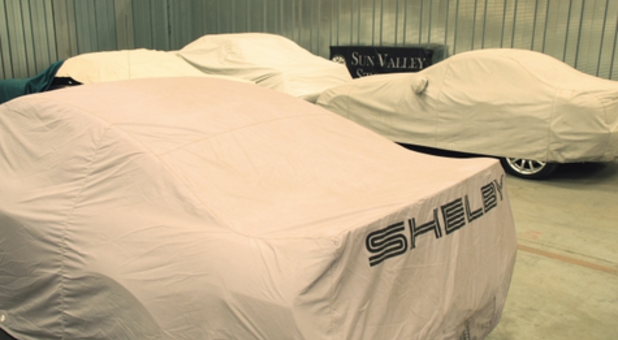
Southern California is a paradise for car enthusiasts. Whether you’re captivated by the sleek lines of a Ferrari, the nostalgia of a classic American muscle car, or the elegant curves of a vintage Rolls-Royce, this region offers a vibrant automotive culture like no other. With its perfect weather, scenic coastal roads, and a community passionate about automobiles, Southern California has earned its reputation as a haven for luxury, antique, and sports car enthusiasts. And for those who attend car shows, belong to exclusive clubs, or just enjoy driving their prized vehicles, secure storage is crucial to protecting these valuable investments when not in use.
The Rich History of Car Culture in Southern California
Southern California’s love affair with cars stretches back decades. From the post-war boom in hot-rodding and custom cars to Hollywood's influence on car culture, this region has been at the forefront of automotive innovation and luxury.The entertainment industry has played a huge role in shaping the car scene. Celebrities, always wanting to showcase their wealth and taste, were often seen driving the latest luxury cars, helping to popularize brands like Ferrari, Porsche, and Aston Martin. In addition, California’s wealth has supported an entire industry of car designers, restorers, and specialty shops that cater to high-end and classic automobiles.
Top Car Events and Shows in Southern California
Whether you're looking to admire beautifully restored vintage vehicles or check out the latest luxury cars, Southern California offers a variety of car events throughout the year. Here are some of the top shows that attract collectors and enthusiasts from across the country.
1. Pebble Beach Concours d’Elegance (Monterey, CA)
While technically in Northern California, the Pebble Beach Concours d’Elegance is one of the most prestigious car shows in the world, drawing collectors from all over the globe, including many from Southern California. The event showcases some of the rarest and most exquisite antique, classic, and luxury cars, judged for their design, originality, and historical significance.
2. Los Angeles Auto Show
The Los Angeles Auto Show is a must-attend ...
—
October 29th, 2024

